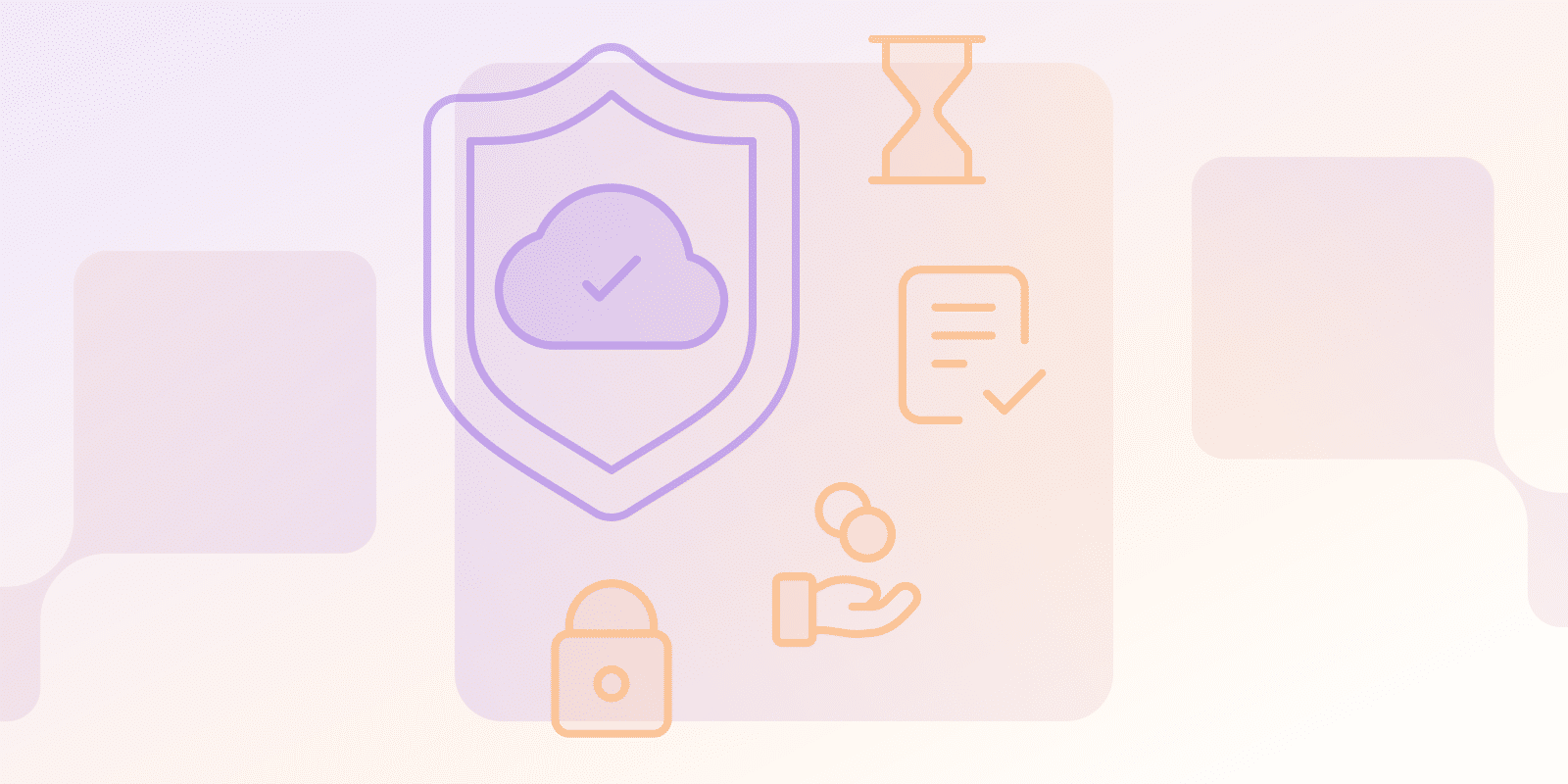Pricing Tactics
What are SaaS Guarantees?

What are SaaS guarantees?
A guarantee is a method through which SaaS (software-as-a-service) businesses promise a specific level of quality or service.
SaaS guarantees impact the decision-making process and allow customers to choose a suitable product provider for their needs.
What are the different types of guarantees offered by SaaS providers?
There are four types of guarantees SaaS providers offer customers:
- Uptime Guarantees: This is the most popular type of guarantee offered, where SaaS businesses promise their service will be accessible for a specific timeframe. Percentages are used to frame this guarantee type (e.g., 99.9%, 99.99%).
- Service Level Agreements (SLAs): SLAs offer customers thorough and precise performance assurance regarding response times, data accessibility, and issue resolution.
- Money-back Guarantees: SaaS entrepreneurs choose to refund their unsatisfied users within set timeframes.
- Security Guarantees: Customers receive security warranties, and in case of breaches as a result of the provider’s negligence, they are eligible for compensation.
| Characteristics | Uptime Guarantees | Service Level Agreements | Money-back Guarantees | Security Guarantees |
|---|---|---|---|---|
| Primary Focus | ||||
| Main Promise | Service availability percentage | Performance metrics and standards | Customer satisfaction assurance | Data protection and privacy |
| Typical Metrics | 99.9% to 99.99% uptime | Response times, resolution timeframes | 14-30 day refund period | Zero data breaches, encryption standards |
| Implementation | ||||
| Monitoring Method | Automated system monitoring | Performance tracking tools | Customer feedback and requests | Security audits and monitoring |
| Compensation Type | Service credits | Defined penalties or credits | Full or partial refund | Financial compensation |
| Business Impact | ||||
| Infrastructure Requirements | High-reliability systems | Robust support infrastructure | Payment processing system | Advanced security measures |
| Best Suited For | Mission-critical applications | Enterprise clients | New market entries | Data-sensitive industries |
How can guarantees help build trust and reduce customer churn?
Guarantees demonstrate a SaaS provider’s trust in their product. Through different promises, they confirm performance to users. Knowing that their needs are protected, customers are less likely to churn and switch to other solutions.
In what situations should I consider offering guarantees to my SaaS customers?
Guarantees can be an effective strategy for SaaS businesses if:
- Your audience is wary: Highly controlled or sensitive data-handling industries focus on security guarantees.
- You have a reliable track record: Offering guarantees is possible only if you are able to meet them.
- You want to distinguish from competitors: Guarantees can help highlight your SaaS solution in a competitive market.
Consider combining guarantees with transparent and flexible pricing and efficient customer support.
What are the potential drawbacks of offering guarantees in SaaS?
Offering SaaS guarantees can have the three following drawbacks:
- Increased costs: Applying guarantees can lead to additional SaaS infrastructure investments, which can increase software pricing.
- Limited flexibility: Rigid guarantees can limit your capacity to perform rapid updates or modifications.
- Legal liability: Failing to honor guarantees can have legal implications.
How do I determine the optimal duration and terms for a SaaS guarantee?
To determine the terms and duration of SaaS guarantees, consider the following aspects:
- Industry norms: Perform a thorough market analysis to understand what your industry standards are.
- Software functionalities: Determine the actual performance of your product to identify what guarantees you can offer.
- Customer requirements: Understand the types of assurances your target audience expects.
- Compare risks with rewards: While offering guarantees can build product trust, these promises come with specific costs and liabilities.
Start with traditional guarantees and expand gradually.
Conclusion
SaaS guarantees play a crucial part in building user trust and loyalty. However, these strategies come with certain costs and responsibilities, and it’s important to weigh the pros and cons when determining if they are right for your business.